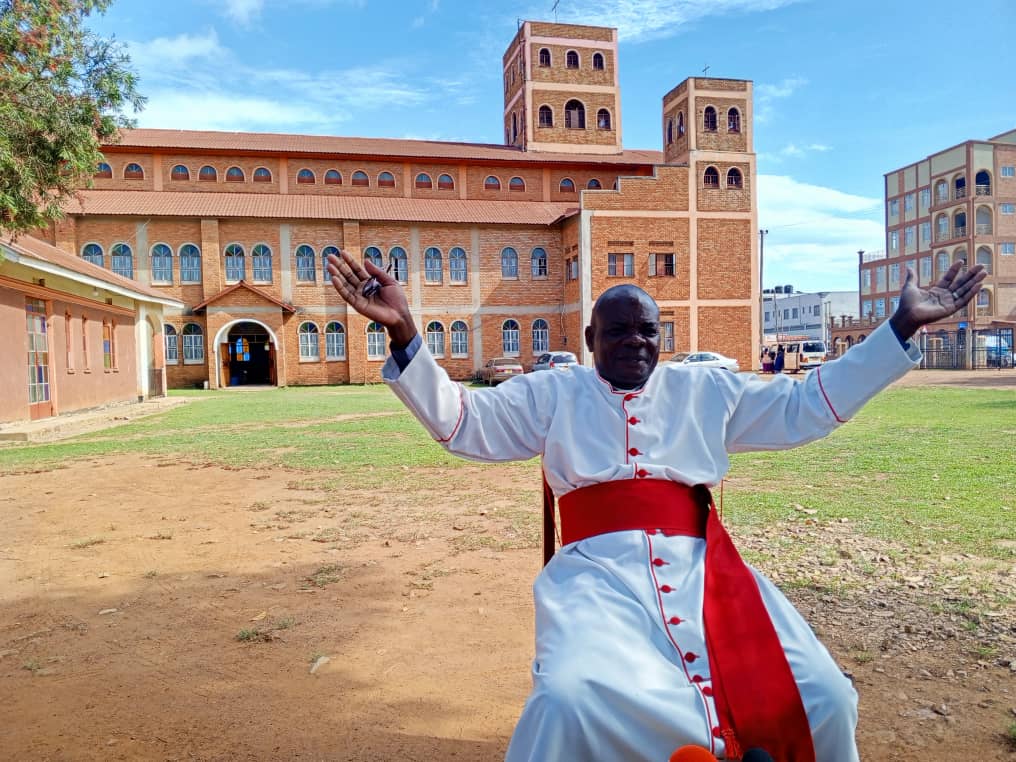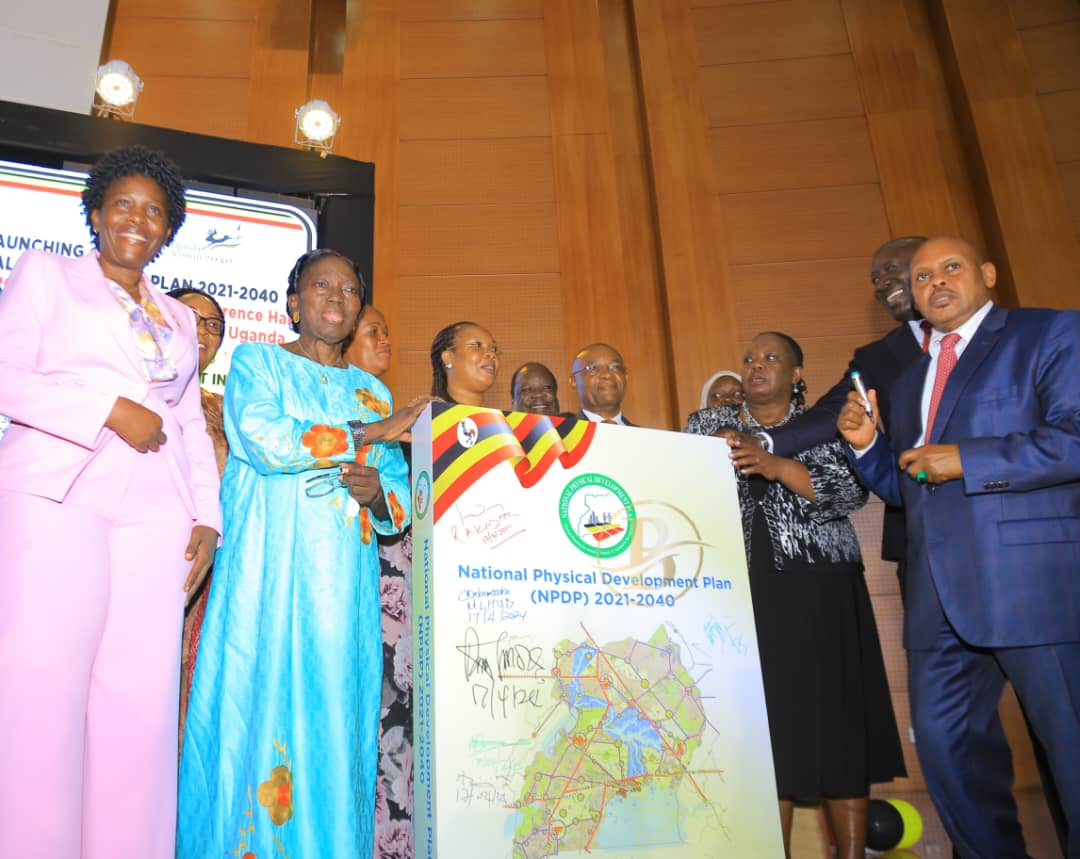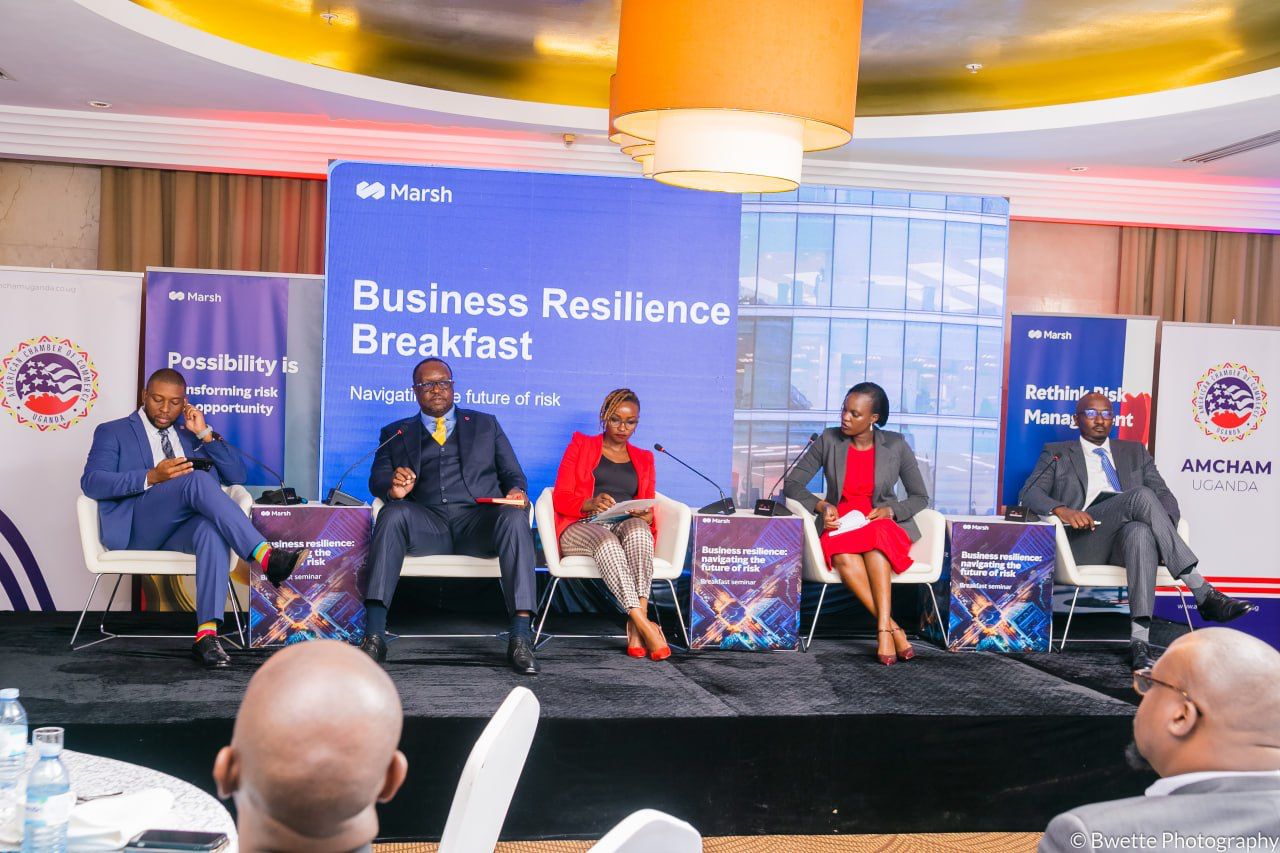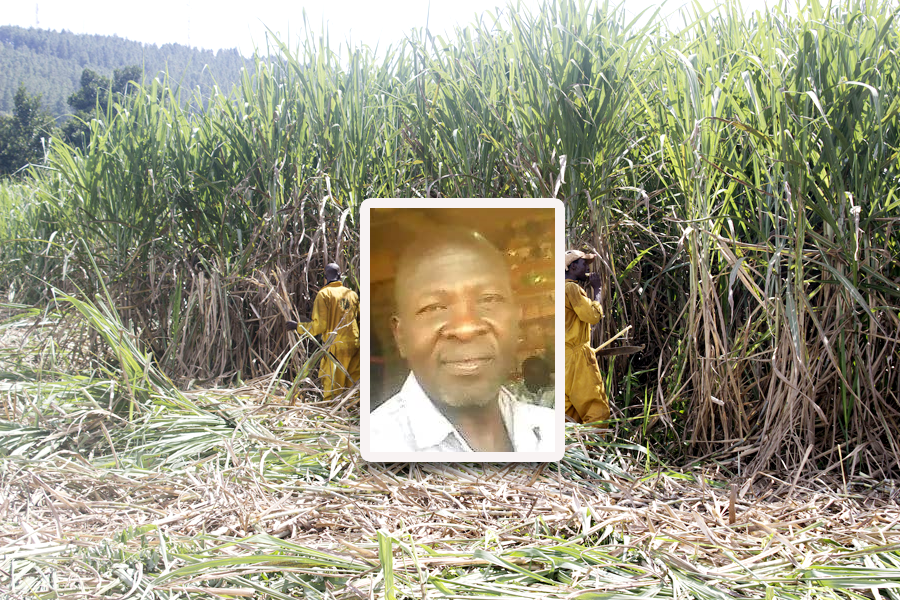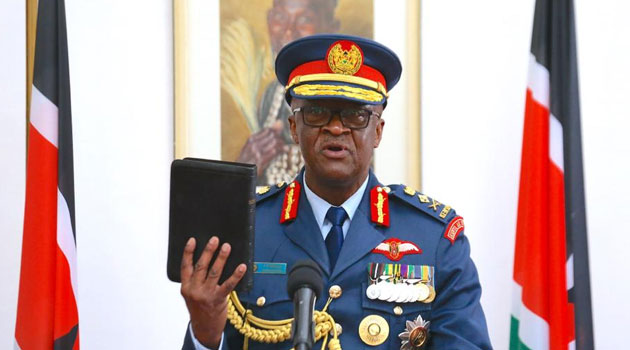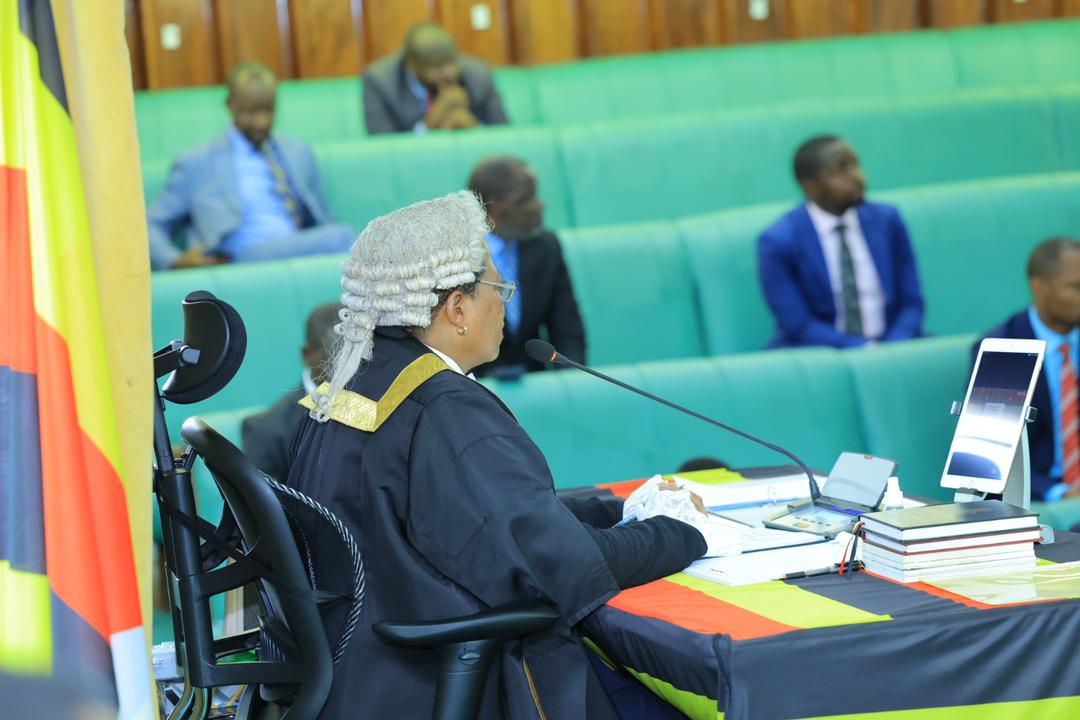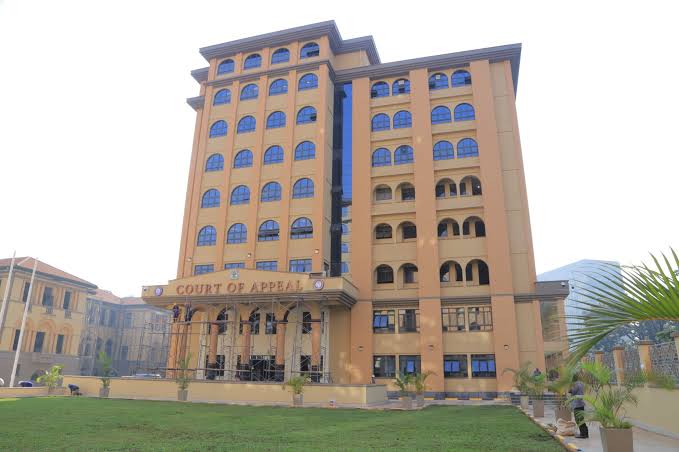Opinion: Journalists input urgently needed to combat climate change effects
Climate Change is a global emergency, but why is there no media attention? This is a question you and I could be asking and perhaps still get no answer!
Could it be that; Climate change is such a complex topic that keeps away journalists? Is it less attractive, or are the scientists less available for interviews?
Keep Reading
- > Rev Can Ateirweho lists priorities as he starts work as Bunyoro Kitara Bishop
- > Liberty pays shs100m in life insurance claim to Kalangala family
- > Uganda Charts Course for Sustainable Growth with National Development Plan
- > Speaker Among calls for guidelines to streamline transportation of school children
So many questions, so few answers! This though is certain, climate change is an emergency and there is need of collective effort from governments, development partners and media to address this challenge of our time.
There is need for journalists to create working relations with scientists to understand and authoritatively report of climate change stories.
If the population doesn’t understand why climate change is an emergency and what causes it, it’s definitely our role as journalists to make the population appreciate it. Daily, very noticeably, the climate behaviour has been changing and the causes are well known: greenhouse emissions , solar irradiance and several human activities. The earth is becoming hotter and more inhabitable and we as journalists need to sensitize the masses, keep them in the know!
Media Organizations like Dunia Development Medias, have invested in training journalists in East Africa so as to increase their knowledge and understanding of climate change stories, this is an initiative every solution journalist should embrace!
Growing up, our parents understood the weather/climate changes at the snap of a finger. It’s now a different story, times have changed, the Climate has evolved, the weather patterns have changed, we are all looking for answers, the media has the potential to give the people these answers.
The biggest challenge with Climate Change stories is they often come off as complex, Fredrick Mugira an award winning journalist and founder InfoNile explains ‘ Climate Change stories aren’t popular, politics and entertainment have all the attention, its worse even when journalists prefer to interview politicians instead of scientists on climate change related stories.” He goes on to explain, “You see climate change stories usually lack humor, hence aren’t attractive to the readers, that means no advertisers, there will be no money for a media house that will prioritize these stories, in the long run the media house will shut down’,
Surprisingly many people especially in Africa are still rely on traditional knowledge to determine the weather patterns, however there is need to incorporate this knowledge with that from the meteorological department.
Agnes Leina, a graduate of Master’s degree in Rural sociology and Community Development from the University of Nairobi explains how pastoralists in Samburu county in Northern Kenya still rely on traditional knowledge to understand climate change ‘The people in my county can read the weather patterns from the goats intestines, even when I have a master’s degree and understand climate change, I still believe and understand the traditional methods, the color of a goat intestines can predict an upcoming storm or floods’. I don’t know how accurate this is and I am definitely not slaughtering a goat to find out! Well, while growing up my grandmother often looked at the clouds to determine whether it will rain or not, she was always accurate.
There is a relationship between traditional knowledge and scientific weather forecast i.e. how heavy the clouds are, the behavior of certain insects and birds can tell a fact or two about an upcoming storm or rainfall pattern. This is evidence that the people are interested in weather/Climate changes!
Climate change is such an interesting topic if covered with an eye to how it impacts daily life. Journalists are encouraged to perfectly package their stories to compete with the already exciting political and entertainment stories.
There are lots of stories that a Ugandan journalist could tell. For example, what is the cause of interminable floods in Kampala, the Bududa landslides in Eastern Uganda, the rampant fires in Australia, the floods in Madagascar? All these are tied to climate change. Climate change requires collective action world over, and the journalists are at the center of it all, they have the capacity to change the world for better.
Pierre Jalladeau, the Director of Africa Department CFI, explains that CFI continues to work with media partners, civil society organizations and government to increase coverage of Climate Change stories “As much as everyone needs to be involved, there is need to understand the issues, monitor and ensure policies are implemented, there is an upcoming CFI Dunia project aimed at strengthening the capacity of journalists involved in climate Change stories’.
Human activity is at the center of the negative impacts of climate change, stop carbon pollution, don’t burn down the forests, plant a tree, and tell the stories!
Let journalists embrace this to change the world, let governments, development partners and Media owners invest in equipping journalists with scientific knowledge on climate change reporting.
Innocent Nabaasa is a freelance reporter.
innocentnabaasa@gmail.com
Edited by David Tumusiime


